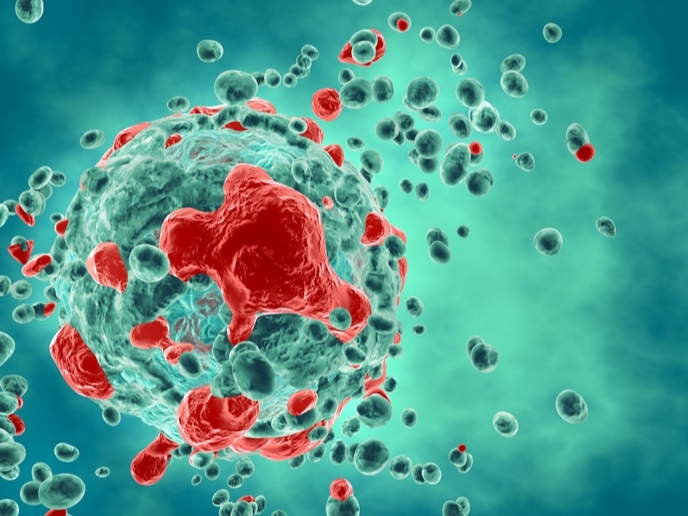Stress and trauma’s impact on health
Can significant stress, such as that experienced after the loss of a loved one, exposure to violence, surviving a natural disaster, or being diagnosed with a life-threatening illness, impact one’s health? This is the question that the EU-funded StressGene(opens in new window) project set out to answer. “We were particularly interested in whether these life stressors directly cause the development of disease and other health issues, or whether existing genetic factors predispose some individuals to stress-induced health issues,” says Unnur Anna Valdimarsdóttir(opens in new window), a professor at the University of Iceland(opens in new window). The project received funding from the European Research Council(opens in new window).
Connecting trauma to disease
To answer this question, the project leveraged the unique, population-based data register resources of the Nordic countries, which include individual-level data on traumatic events and any resulting severe implications, as well as all diagnosed diseases in the general health systems. They also compared the health records of those who experienced severe trauma with the health records of their full siblings. This allowed the study to control for multiple factors that cluster within families, such as genetics and the familial environment. What researchers found was that individuals who suffer from severe consequences of trauma, such as developing post-traumatic stress disorder, are at a considerably higher risk of autoimmune diseases, cardiovascular disease, life-threatening infections and neurodegenerative diseases. They also face an overall shorter life expectancy. “These studies demonstrate that trauma-related disorders are strongly associated with major somatic morbidities largely independent of genetics or the impact of one’s early environment,” she notes. Valdimarsdóttir goes on to explain that, taking into account genetic risks of cardiovascular disease or psychiatric disorders (e.g. polygenic risk scores) when assessing the associations between certain stressful events and risk of psychiatric disorders and/or cardiovascular disease, researchers found these associations to be relatively independent of the genetic risks of such conditions. “Taking into account the known genetic influence for these conditions indicates that stressful events are powerful risk factors in developing such major diseases,” she says.
Raising awareness
These discoveries have raised awareness about the effect trauma and stress can have on health and disease development. It’s also opened the door to developing new policies for addressing this public health issue. But, as Valdimarsdóttir points out, major changes in public health tend to take time. “We discovered the hazardous impact of smoking in the 1950s, but the necessary public health changes needed to mitigate this risk didn’t come until decades later,” she adds. “I see our work as being that first step – discovering the hazard – from which we can start implementing the changes needed to reduce trauma-related health risks.” Although the StressGene project is now over, Valdimarsdóttir and her team of researchers’ work continues. “We still have a lot to learn about the risks and mechanisms of health deterioration following major traumatic events,” she concludes.







